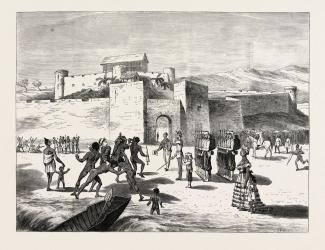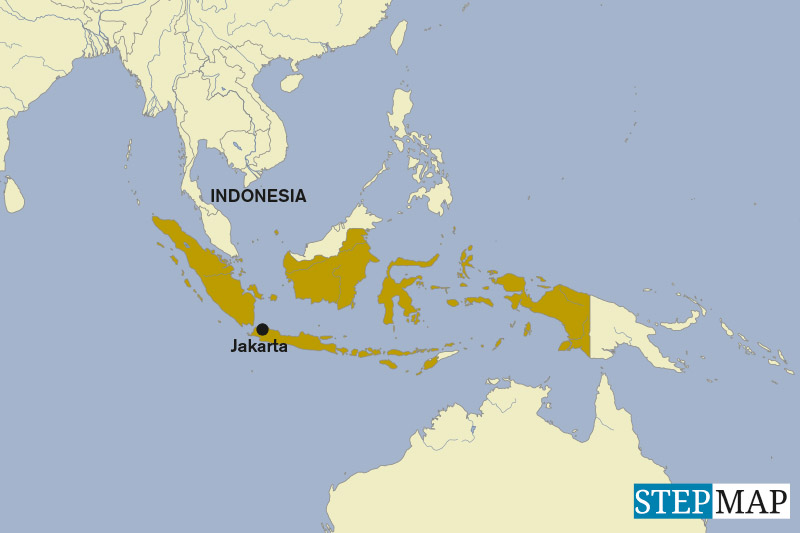Blog
300 pages, 250 years, 8 generations

Her plot spans eight generations over 250 years. On a mere 300 pages, she delves deeply into violence, trauma, abuse and dehumanisation. One might say that the book is really a collection of 14 short stories, with each one focusing on one particular individual. But there is an overarching plot. Chapter by chapter, the fates of the descendants of the first two protagonists unfold. The first episode is about an African woman who is forced to marry a slave trader, and the second about her half-sister, who is sold into slavery. The two women do not know one another. Indeed, none of the book’s heroines and heroes (Gyasi pays attention to gender issues) knows the full family history.
Readers, by contrast, get to see the full picture. Gyasi elaborates how identities and attitudes were shaped. Her fictive writing reveals deep emotional truths, with personal traumas breeding long-term anger, fear and depression.
The first chapters are disturbingly brutal, marked by torture, rape and murder. People are torn away from their families and have no control of their fates. Until the end of the novel, life generally remains harsh and mostly unforgiving, but the protagonists increasingly have more choices and the final generation is free in the sense of contemporary North American aspirations of education and individual prosperity. Moreover, they personally know their grandparents. Family ties are stronger, though still fragile.
Many important historical events are mentioned, but some are not. For example, Gyasi skips America’s civil war. The general trend is towards emancipation in both the collective and the individual sense. Ghana becomes an independent nation, and leaders of the freedom movement are inspired by the assertiveness of black intellectuals from the USA. On the other hand, the author juxtaposes civil-rights activism in America with the heroin epidemic that haunted black urban communities in the 1960s.
Gyasi deserves praise for not depicting West African history as merely one of colonial exploitation. She shows how tribal conflicts facilitated the slave trade and certainly does not romanticise history. She makes an effort to come to terms with it.
Gyasi was born in Ghana, but grew up in the USA. It is not hard to see that Marjorie, the protagonist of the second last episode, resembles her. In the final chapter, both branches of Gyasi’s fictive family tree are reunited, but neither Marjorie nor Marcus, the final chapter’s main protagonist, are aware of sharing a distant ancestor – the mother of the two half-sisters the plot starts with.
Reference
Yaa Gyasi, 2016: Homegoing. New York: Knopf (Paperback: 2017, London, Penguin)












